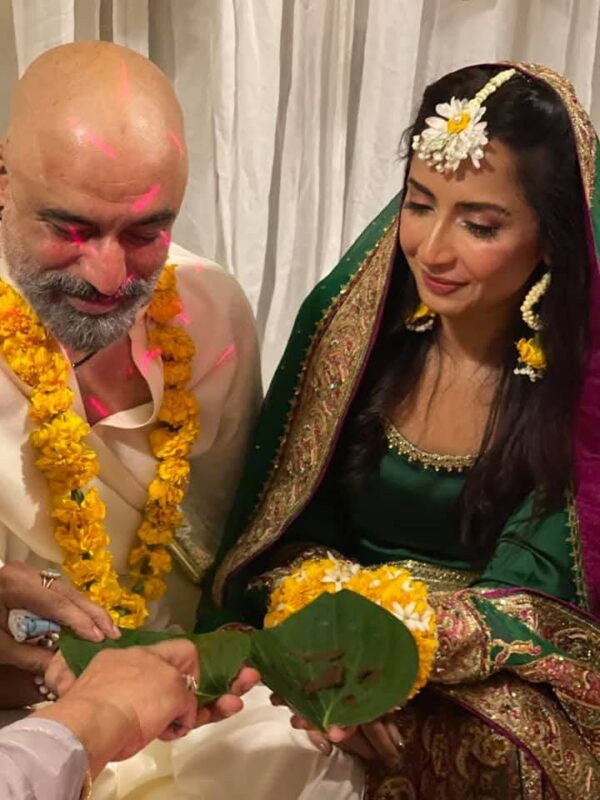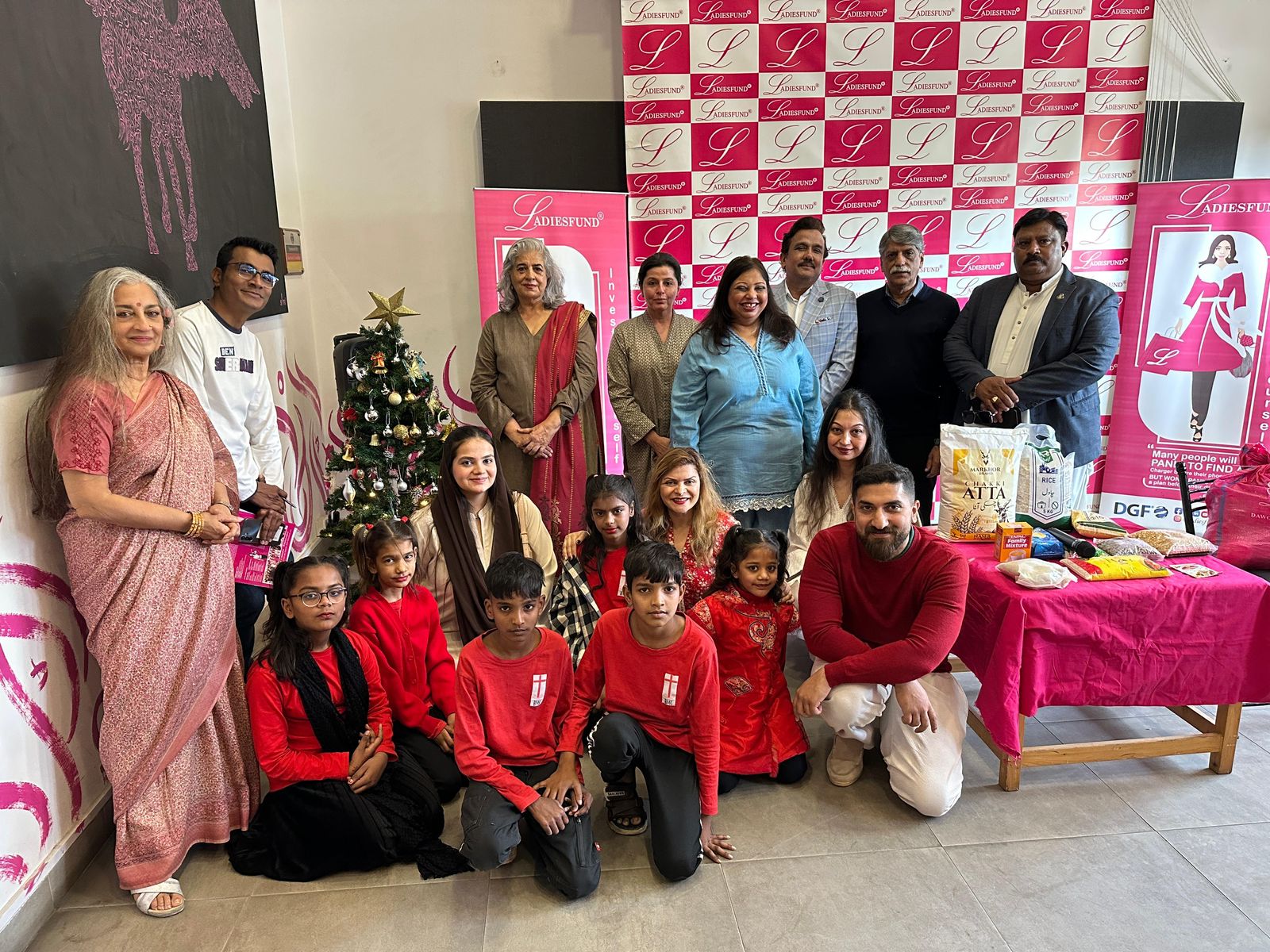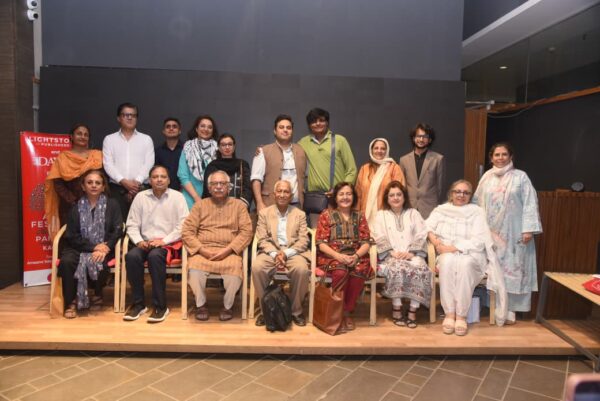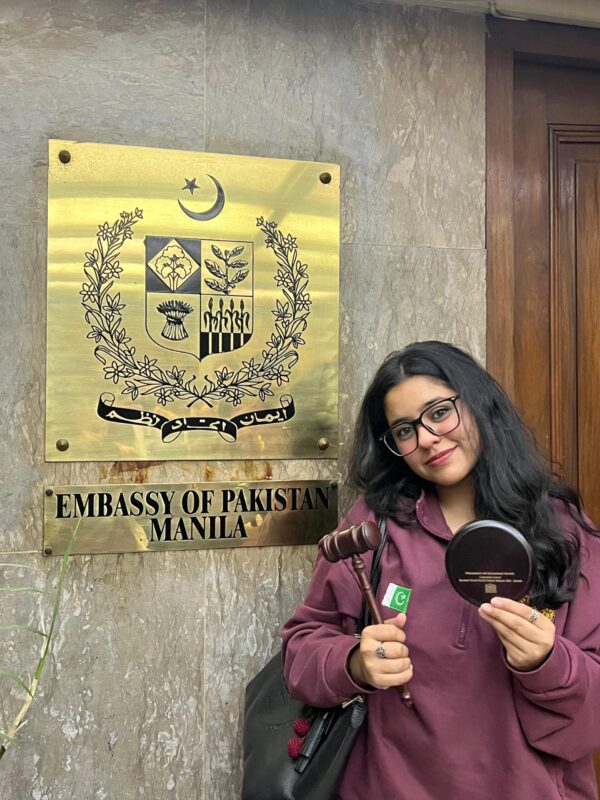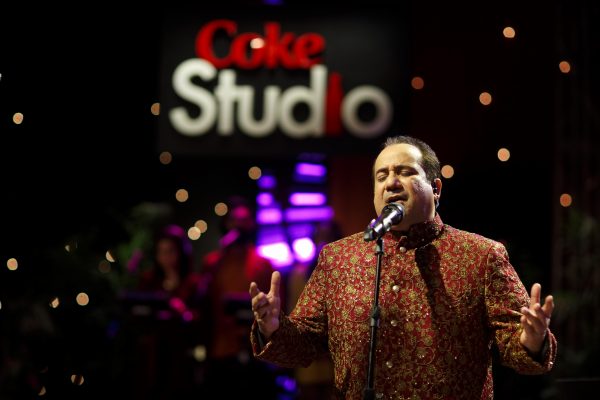
Coke Studio released the fifth episode of Season 12 on 22ndNovember 2019, featuring Balma by Fariha Parvez, Heeray by Rahat Fateh Ali Khan and Aima Baig, Daachi Waaliya by Hadiqa Kiani, and Mram Mram by Shamali Afghan.
Balma:
Fariha Pervez returns to Coke Studio after an extended hiatus with Balma, a thumri that speaks of firaaq, the pain that comes with the absence of one’s balma (lover). A genre of neem-classical music, thumri music revolves around romantic poetry and expresses the many emotions that are felt in the way of love, be it the joy of union or the sorrow of separation. On this Season, Balma’s poetry gives words to a woman’s plight, as she weeps in memory of an absentee beloved, her heart restless to be united with him. Composed in Khamaaj Thaat, the poetry of Balma comes to life in the melodies of Fariha Pervez’s voice in an ambient soundscape that shares the unique feeling of sadness that comes with separation and estrangement.
“When instruments, played beautifully, come together with poetry, the union is such that it can soothe your soul,” said Fariha Parvez.
Heeray:
Ustad Rahat Fateh Ali Khan brings the story of Heer and Ranjha to the canvas of Coke Studio this season, with a rendition that represents new avenues both for him, musically, and for the timeless love saga that has come to us through the poetry of Waris Shah. Heer and Ranjha are a metaphor for selfless love that survives in the face of tragedy and the pain that comes from separation. In his epic poem, Waris Shah recounts how, centuries ago, Ranjha and Heer met in Punjab and their love grew in the forest and fields that surround the river Chenab. Faced with society’s ideas of caste and morality, the lovers were torn from each other only to be brought together by fate. Their love was meant to be tragic, even in union – society could not bear to see them together and, ultimately, the two lovers could only be reunited in death. The story of Heer and Ranjha has survived through centuries, recounted in poetry, music and art – a lesson depicting the strength of love. Khan Sahab brings new hues to the tale this season, with a modern rendition of the saga, featuring Aima Baig as the voice of Heer. In retelling the story with contemporary sounds and harmonies, Khan Sahab hopes that the message of Heer and Ranjha’s love will reach the young Heers and Ranjhas of today.
Daachi Waaliya:
Hadiqa Kiani continues her journey of exploration and self-discovery on Coke Studio 12 with Daachi Waaliya, a popular Punjabi tune that carries with it the unique rhythm of a camel’s gait. For Hadiqa, Daachi Waaliya is attached to memories of her first performances on stage, a song she would sing in school competitions as a child. Woven with themes of romance and loneliness, the poetry of Daachi Waaliya calls out to a camel-rider, asking him to carry the singer away with them, calling back to the story of Sassi and Punnu that has come down to us through the poetry of Shah Abdul Latif Bhittai. In Coke Studio’s rendition, Hadiqa joins the song with verses written by Sufi poets Waris Shah and Bulleh Shah, which ultimately speak on the nature of unconditional love. These verses hint at the spiritual undertones of Daachi Waaliya, allowing an experience that is open to searching for and creating one’s own meanings through the exploration of the piece.
“For every adversity I face in life, music is a medicine. It has played a vital role in my sanity. I learn from music; I find peace in music. I find lessons in music, to grow in life, to create positivity in life. I seek music. I seek whatever I can get from music because it’s a huge ocean,” said Hadiqa Kiani
Mram Mram:
Traveling through the fabric of culture across time and distance, is Mram Mram, a song which descends from the musical heritage of 1960’s Iran. Performed by Shamali Afghan, the song is a Pashto rendition of the Farsi song ‘Zim Zim’. While the song originated as a folk song, it was made famous in the mainstream when it was composed by Ustad Nainawaz. An irresistible melody, the song has seen many variations in both folk and contemporary colors. As the song traveled to Afghanistan, it found its way to the hearts of the Afghan people and was covered in the local language, Dari – taking on the form of a folk piece that was frequently covered. In Afghanistan, the song caught the attention of Shamali’s father Shah Wali Afghan who created the Pashto version of the song – Mram Mram. A song about a heartbroken lover in deep anguish, in this rendition, Sadiq Sameer contributes a haunting and echoing tone with the rabab, an instrument that provides this feeling throughout the composition. While the song has previously embodied a variety of genres, for this Season, the song encapsulates the core of the heartache in a softer and gentler rendition which complements the soft tones of Shamali’s voice. And to the sound of ghungroos, crystal bowls and light harmonies in the background, one is left in deep contemplation of the musical legacy of culture.
“Music chooses you. It loves you and it hates you. It elevates you and it also strikes you down. Music is alive. It is an energy. It becomes your friend and leads you. When music becomes your friend, then you are a king,” said Shamali Afghan.



